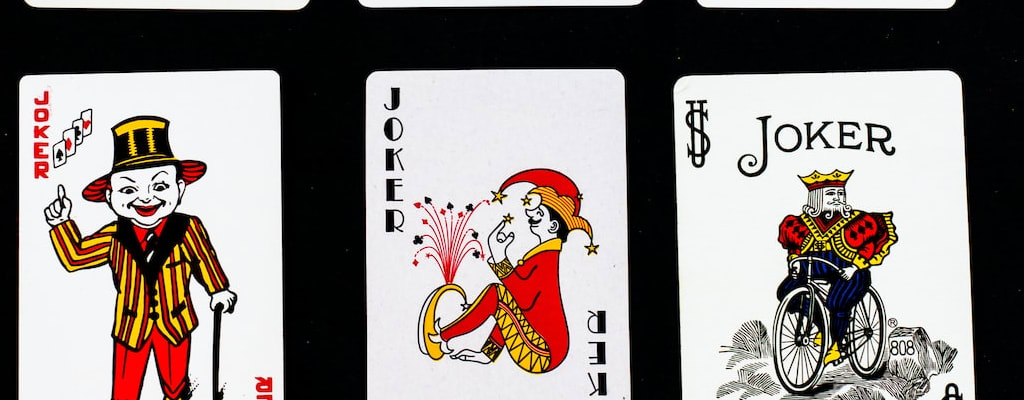as luck would have it: Idiom Meaning and Origin
What does ‘as luck would have it’ mean?
The idiom "as luck would have it" means that something happened by chance or in a fortunate/unfortunate way, often unexpectedly or against one's expectation or plans.

Idiom Explorer
The idiom "hit the jackpot" means to achieve a great success or obtain an unexpected, significant gain, often in a financial sense.
An idiom that describes a situation where something unexpectedly turns out to be successful or advantageous, despite initial expectations. The outcome is usually positive, but may also involve a degree of unpredictability or chaos.
An idiom that signifies something or someone considered to be a great blessing or stroke of luck, often seen as a divine or fortunate occurrence.
The idiom "dumb luck" refers to a situation where someone achieves success or good fortune purely by chance or luck, without any skill or effort on their part.
The idiom "down on one's luck" means having a period of misfortune or bad luck.
The idiom "devil's luck" refers to someone who consistently has misfortune or bad luck. This phrase implies that the person's luck is so consistently bad that it appears as if the devil himself is responsible for their misfortunes.
Fortuitous Twist
The phrase "as luck would have it" is used to express a situation that happens by chance or coincidence. It adds a sense of irony or unexpectedness to an outcome.
The origins of this phrase can be traced back to the 18th century. It was originally part of a longer phrase, "as luck would have it to be," used to describe unexpected events. Over time, it was shortened for brevity and ease of use.
The literal meaning of "as luck would have it" is that luck or chance plays a significant role in determining the outcome of a situation. It suggests that the result could have been different if luck had been on a person's side or if circumstances had aligned differently. This phrase is often used in storytelling to describe unexpected twists or turns of events.
What is interesting about this phrase is its universality and use in different cultures and languages. While primarily used in English, the concept of luck or chance determining outcomes is common in human experience. Many languages have their own expressions to convey this idea.
The phrase "as luck would have it" has also found its way into popular culture, appearing in literature, film, and music. It is used as a narrative device or to add irony to a story. Its familiarity and versatility have made it a go-to phrase for writers and storytellers when describing unexpected events.
as luck may have it, there are other related idioms that convey a similar meaning. One such idiom is "as it happens." This phrase is used when describing something that occurs by chance or coincidence, just like "as luck would have it."
Another related idiom that adds a different nuance is "dumb luck." This phrase is used to describe a situation where someone's success or positive outcome is purely due to luck, without any skill or effort involved. It emphasizes the role of chance in determining the outcome.
An additional related idiom is "happen along." This phrase is used to describe something or someone that unexpectedly comes across your path. It implies that the occurrence was unplanned and coincidental, similar to "as luck would have it."
Each of these idioms, "as luck may have it," "as it happens," "dumb luck," and "happen along," share a common theme of chance or coincidence. They all convey a sense of unexpectedness or unpredictability in a situation or outcome. While they may have slightly different nuances, they all capture the idea that luck or unforeseen events play a significant role in our lives.
To sum up, the phrase "as luck would have it" is a concise and expressive way to describe fortuitous or coincidental events. Its origins date back to the 18th century, and it has become widely recognized in the English language. Its universality and versatility make it a common choice in storytelling and narrative contexts. Although the exact origins and evolution of this phrase remain somewhat mysterious, its enduring popularity and usage ensure that it will continue to be a part of the English language for years to come.
Example usage
Examples of how the idiom as luck would have it can be used in a sentence:
1. I arrived at the train station just in time, but as luck would have it, the train was delayed.
2. I forgot my umbrella at home, and as luck would have it, it started pouring rain.
3. I was running late for the job interview, but as luck would have it, I found a parking spot right in front of the building.
More "Luck" idioms



